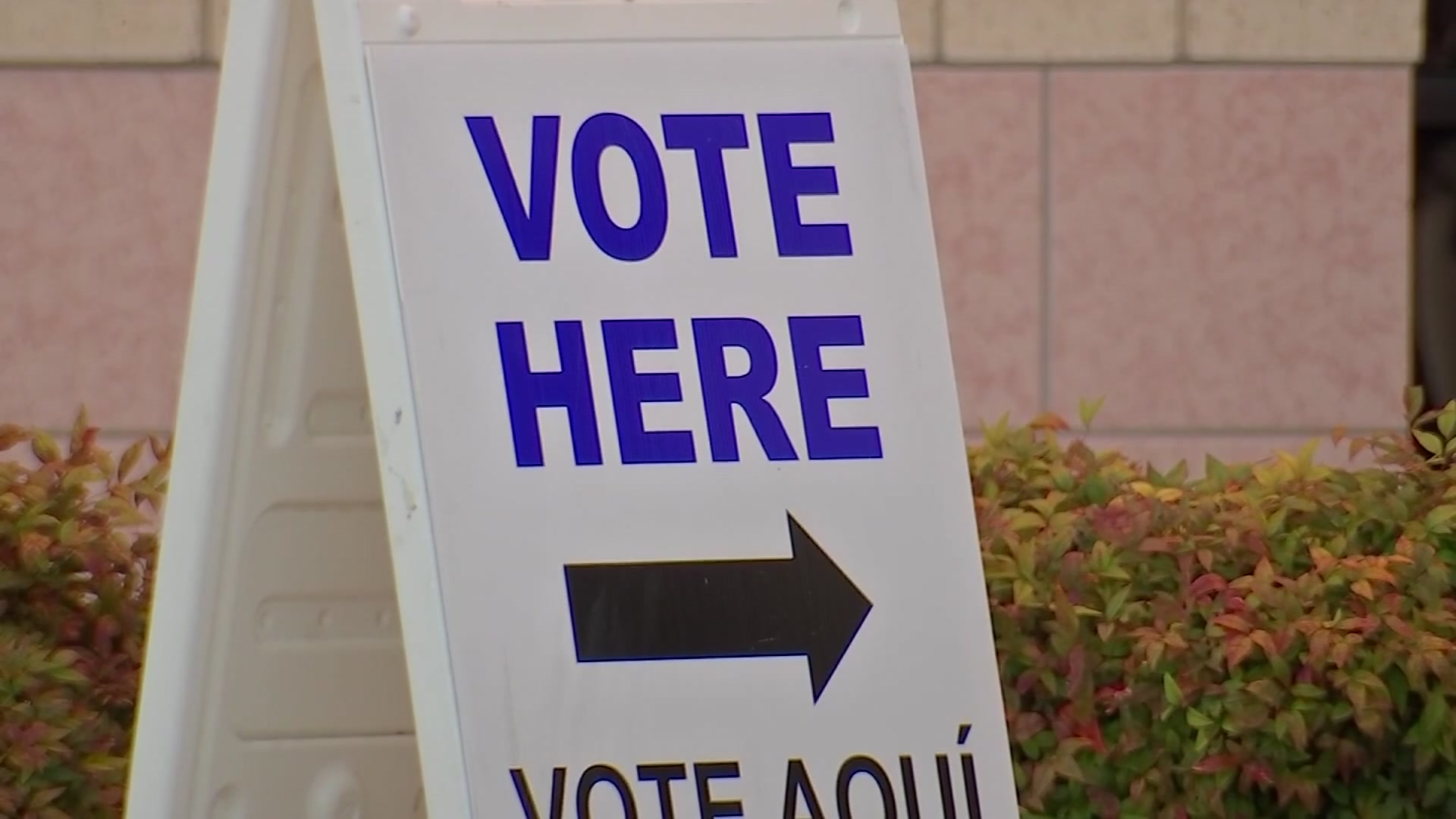A woman who’s drawn national attention in the debate over illegal voting had one more appeal of her conviction heard Tuesday as she fights to avoid prison.
Crystal Mason was convicted in 2018 and sentenced to five years behind bars for voting in Tarrant County in the 2016 election when she was ineligible.
As her case went back and forth through appellate courts, so too has the issue of illegal voting bounced back and forth among Texas lawmakers.
A crowd of supporters went with Mason Tuesday to the 2nd Court of Appeals in Fort Worth to help send a message to the three-judge panel hearing arguments in her case.
“Number one, that our votes matter. And number two, that we will not stand for any type of voter suppression or intimidation. Crystal is a symbol as far as we’re concerned,” said Pastor Frederick Haynes of Friendship West Baptist Church in Dallas.
Mason was on supervised release from a previous federal tax law violation when she cast a provisional ballot that was never counted in the 2016 election.
She received help from a poll worker.
“That's what blew my mind when I first heard about this. If a poll worker didn't know better, how could she?” said Barbara Arnwine with the Transformative Justice Coalition from Washington, D.C.
The state's highest Texas Court of Criminal Appeals declined several points of Mason’s appeal but sent the case back to the lower level appeals court in Fort Worth on that one remaining question: Did Mason actually know it was illegal to cast that ballot in 2016?
Attorney Sophia Lin Lakin with the American Civil Liberties Union in New York City argued that point on Mason’s behalf Tuesday.
“She did not know. She had nothing to gain from completing that provisional ballot. There's no reason whatsoever she would have done that,” Lakin said.
An assistant Tarrant County District Attorney argued the opposite position for the state. He said language in the provisional ballot applications Mason signed said who is ineligible and that Mason admitted in her 2018 testimony that she knew the law did forbid her voting.
But Mason’s lawyers say she did not see any such prohibition when she voted in 2016.
In courtroom questioning of the lawyers, Judge J. Wade Birdwell seemed to agree with Mason’s position.
“There’s nothing in this language that actually tells her she is ineligible,” Birdwell said.
The prosecutor declined further comment as he left the courtroom.
“I think the judges were attempting to be fair,” Haynes said.
Mason had little to say to reporters as she left except that it has been a long struggle.
Two years ago Texas lawmakers clarified what it takes to prove that a voter knows voting is illegal and they relaxed penalties. In the 2023 session, a bill is pending to make punishment tougher again.
Texas State Senator Bryan Hughes, a Republican from Mineola, spoke about it in February with NBC 5.
“We just want to make sure the laws do their job and deter crime and hold people accountable when they do break the law,” Hughes said.
Barbara Arnwine said Mason’s case has captivated her national organization from the beginning.
“We feel this woman has been persecuted,” Arnwine said.
It could be several months before the panel issues a ruling. And that is also subject to appeal by either side back to the highest court.




